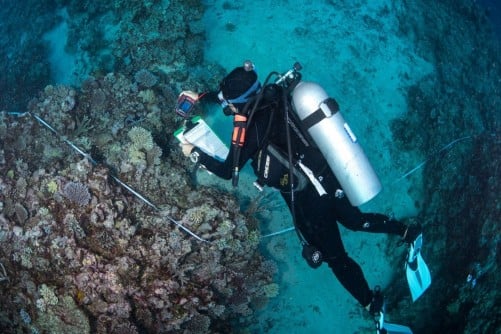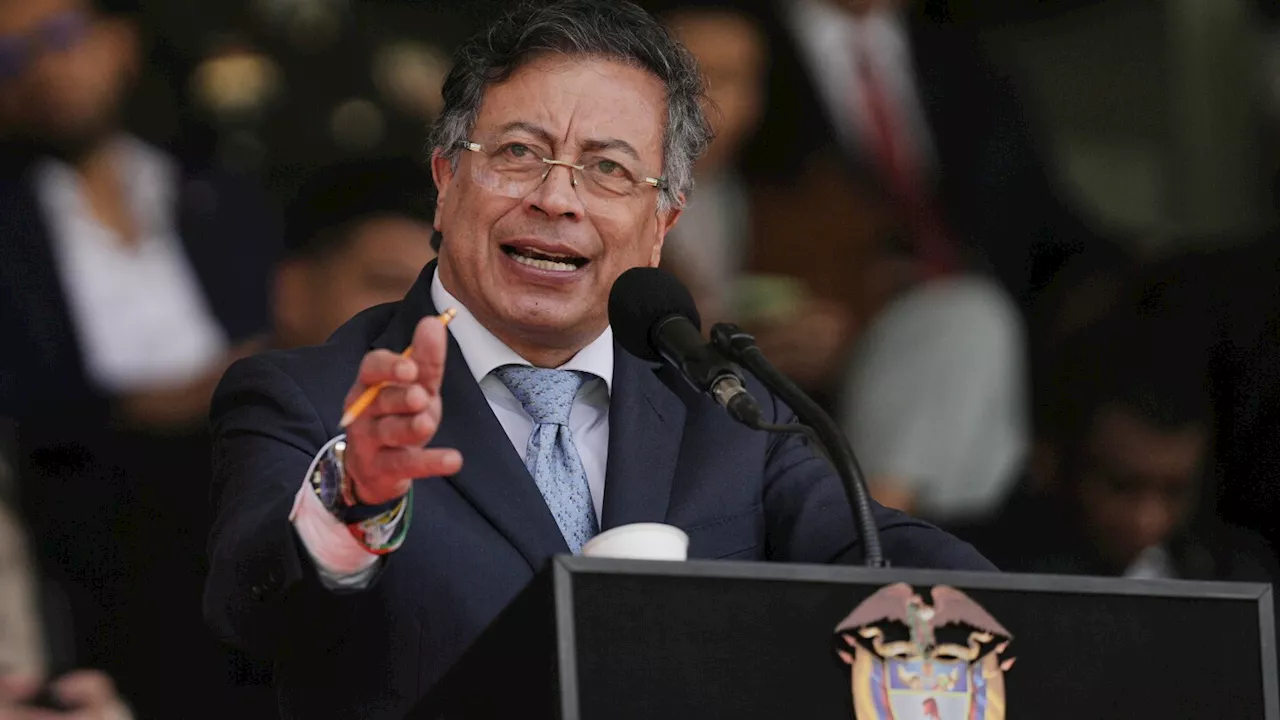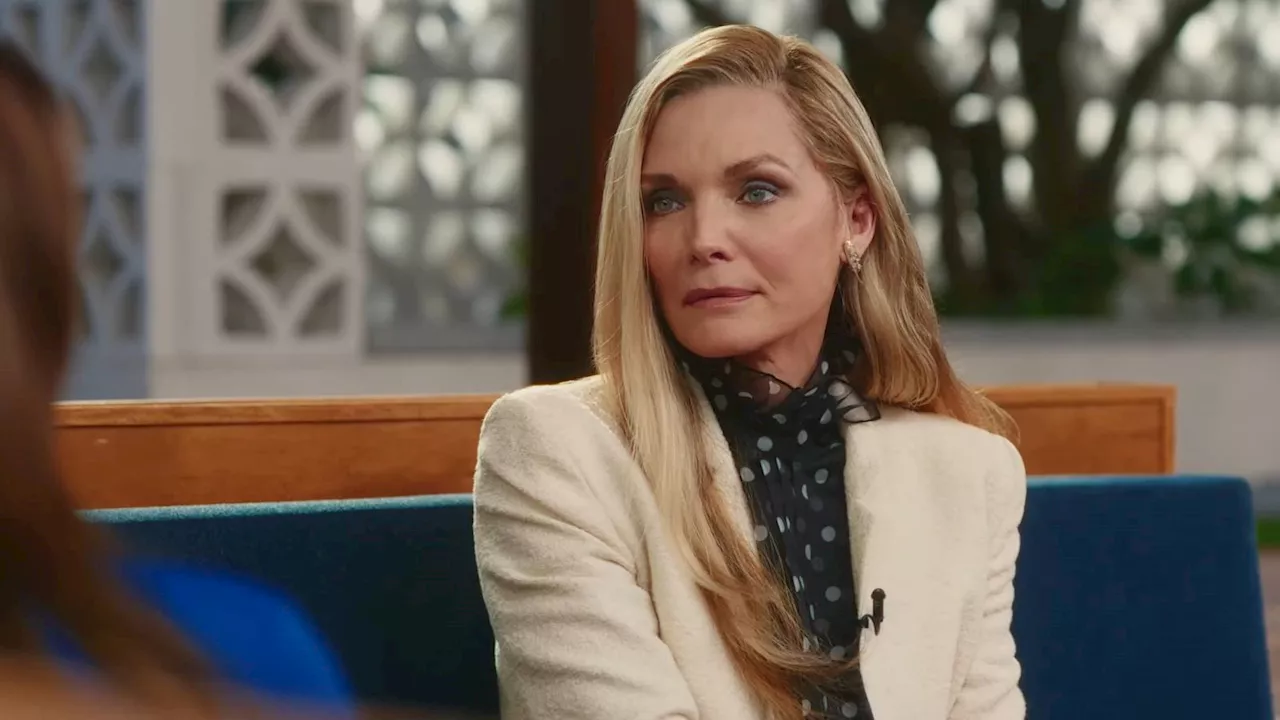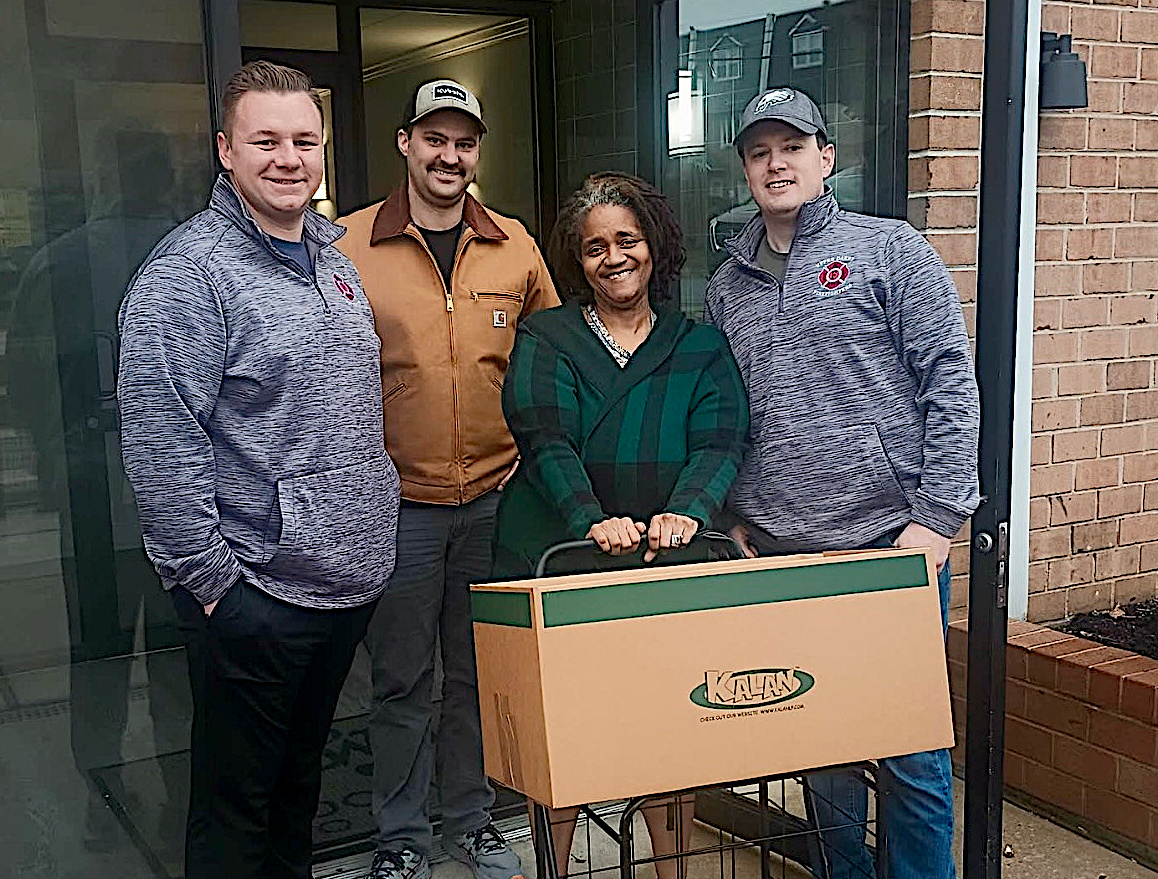UPDATE: The Wildlife Conservation Society (WCS) has just been awarded $2 million by the Bezos Earth Fund to accelerate groundbreaking artificial intelligence solutions aimed at tackling urgent environmental crises. This funding, announced on October 23, 2025, positions WCS among fifteen innovative global teams chosen for the Bezos Earth Fund’s AI for Climate and Nature Grand Challenge.
This initiative seeks to combat pressing issues such as biodiversity loss, food insecurity, and climate change through advanced technology. WCS plans to leverage artificial intelligence and citizen science to transform coral reef monitoring and protection on a global scale. The project will focus on identifying and safeguarding the planet’s most climate-resilient reefs, ultimately supporting biodiversity and the global goal of protecting 30% of Earth’s natural habitats by 2030.
Dr. Emily Darling, Director of Coral Reef Conservation at WCS, stated,
“This award helps us turn AI innovation into real-world conservation impact. With support from the Bezos Earth Fund, we’re advancing foundational AI models for coral reef monitoring and inviting divers and citizen scientists everywhere to join the effort to map, monitor, and protect the reefs most likely to survive climate change.”
Launched in 2024, the Bezos Earth Fund’s AI for Climate and Nature Grand Challenge is a $100 million initiative designed to harness artificial intelligence to address the dual crises of climate change and biodiversity loss. The program connects innovators with essential resources and mentorship from leading technology partners, including AWS, Google.org, and Microsoft Research.
Dr. Amen Ra Mashariki, Director of AI and Data Strategies at the Bezos Earth Fund, emphasized the importance of responsible AI development, stating,
“These projects show how AI, when developed responsibly and guided by science and local knowledge, can strengthen environmental action and ensure its overall impact on the planet is positive.”
WCS’s project will utilize MERMAID AI, an open-source platform aimed at enhancing coral reef monitoring and policy impact across more than 50 countries. Kim Fisher, Lead Software Engineer for MERMAID, noted,
“Our goal is to make advanced AI tools accessible to every scientist and diver working to protect coral reefs. The power of open, shared models is that they grow stronger with every image and every user.”
Over the next two years, WCS will integrate global citizen science applications into MERMAID, develop an AI model capable of identifying over 100 coral species, and create real-time maps of climate-resilient reefs. These advancements will equip local scientists, communities, and governments with critical data to protect reefs that sustain coastal livelihoods, fisheries, and biodiversity.
Dr. Stacy Jupiter, Executive Director of WCS’s Global Marine Program, remarked,
“Our science is already showing that there are coral reefs around the world that can withstand even extreme climate impacts. As a key pillar of our newly launched Coral Reef Strategy, WCS is excited to harness the power of cutting-edge computing technology to help identify more of these high integrity climate-resilient reefs for targeted management action.”
The Wildlife Conservation Society operates the world’s largest conservation field program, protecting over 50% of Earth’s known biodiversity. Each year, WCS welcomes over 3.5 million visitors to its zoos and aquarium in New York City, inspiring generations to prioritize nature conservation.
For more details, visit newsroom.wcs.org or follow @WCSNewsroom. To learn more about MERMAID, visit www.datamermaid.org.
Stay tuned for further updates as WCS embarks on this critical mission to protect our planet’s vital coral ecosystems!







